"I felt like it was my opportunity, my time," drummer Leon Anderson says about finally releasing an album as leader. While peers like Joshua Redman, Roy Hargrove, and Christian McBride recorded early in their careers, Anderson took a different road.
This wasn't hesitation but a deliberate choice. After finishing school and establishing himself in New Orleans with Ellis Marsalis and Victor Goines, Florida State University called. Marsalis encouraged him to take the teaching job, seeing what would become Anderson's core purpose: "My calling is to help this music continue by passing it on to the next generations."
For twenty-eight years, Anderson built FSU's jazz program, from the size of the student body to the expansive set of majors. Throughout this time, he kept writing and playing, amassing compositions spanning decades. His delayed debut reflects his priorities as a musician who valued developing both his voice and those of his students.
Snug Harbor—New Orleans' premier jazz club—defined Anderson's development. Recording his debut there closes a circle in his musical life. Ellis Marsalis first brought him to the venue after hearing Anderson at a student recital. Soon, Anderson wasn't just sitting in; he became Marsalis's regular Friday night drummer, one of the most respected gigs in New Orleans.
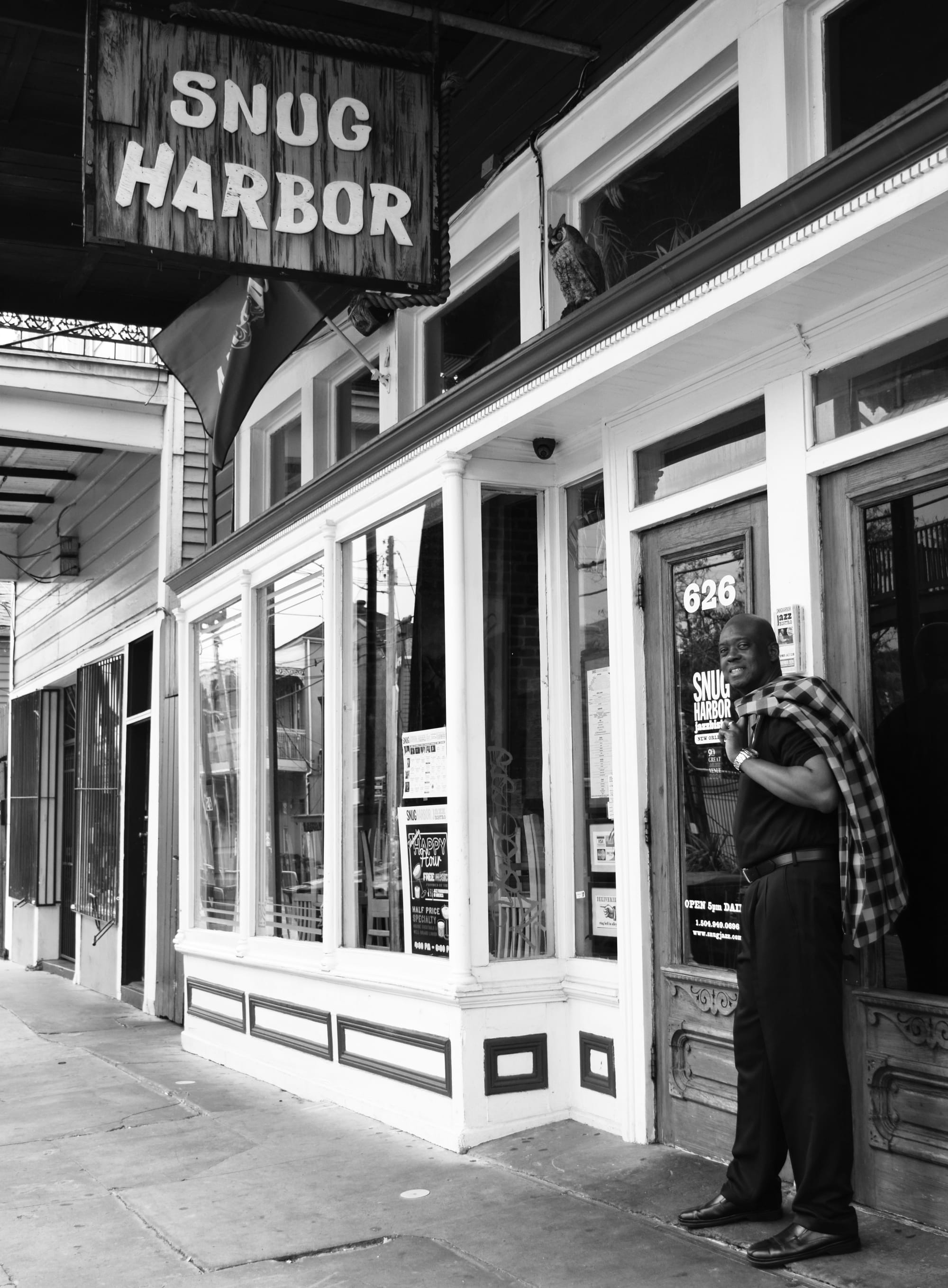
"On any given week, I might play at Snug three or four times," Anderson says. "People joked, 'Man, that's your second home now,' because I was on the bandstand almost every night." This total immersion gave Anderson what no classroom could. He learned jazz organically, playing with various musicians and getting unfiltered feedback from masters. It was the old-school jazz education, the learning through doing. "When you weren't cutting it, they let you know... 'Check out this drummer or get these recordings,'" Anderson recalls. "That's the on-the-bandstand training."
Anderson talks candidly about the divide between formal jazz education and traditional bandstand learning. He quotes Art Blakey's late-1980s prediction that "the future of jazz is becoming clinical,” foreseeing a shift in jazz education toward academia. Rather than picking sides, Anderson merges approaches: "We try to incorporate the bandstand experience with the academic experience and fuse the two together." This blending shapes his teaching. Following Blakey's example of developing younger talent, Anderson hires his students for gigs, putting them alongside seasoned pros. "I take it upon myself to follow in his footsteps that way," he says. "I employ my students all the time."
Anderson himself embodies this dual path. His classical percussion degrees give him academic credentials, but he also grew up playing in church, funk bands, and community drum lines. "I came into playing drums that way, not in school," he explains. "What I got from school was how to play orchestral snare drum or function in a symphony orchestra." This dual background emerges in his teaching and playing. His classical training provided technical tools and theoretical knowledge, while his roots in jazz, funk, and gospel supplied the groove and feeling that textbooks can't teach.
And now Live at Snug Harbor works as a musical autobiography, covering nearly thirty years. Each composition tells a story from Anderson's life.
"Essence of the Soldier," perhaps the most personal piece, came after his father's death in 1994. "I did not leave the piano until I finished it," Anderson recalls. The title honors his father, a Chief Warrant Officer and conductor of the 156th Army Band, who was "a soldier in many capacities: for the Church, for our country, and for music education."
His children inspired "Little Miss Ariel" and "Little Froggy's Blues," written when they were small. "Understanding," dedicated to his wife, explores the dynamics of relationships. In a striking connection of past and present, "88 to 1621" merges a high school drum cadence (nicknamed "88" by students after him) with his response to witnessing the insurrection of January 6, 2021, at the Capitol. These pieces show a musician drawing from his whole life: his family, challenges, social events, and musical heritage, all while connecting different periods and experiences, much like his educational approach.
Jazz musicians exist in a continuity, learning from predecessors and teaching those who follow. Anderson discusses his key influences with deep respect, especially Art Blakey and Elvin Jones. "I'm inspired by the mentorship as well as the musicianship of Art Blakey," Anderson says. This connection runs deep. When his single "PJ's" came out, drummer Carl Allen immediately heard the "mid-sixties Art Blakey" sound in it.
Jones also shaped Anderson's playing, particularly through his work with John Coltrane, whom Anderson unhesitatingly names as his favorite jazz musician. "I love the cohesiveness of that band and the role Elvin played in it," he says.
Anderson shares a remarkable personal encounter with Jones at the New Orleans Jazz and Heritage Festival. Jones not only introduced himself but held Anderson's infant son, now a drummer himself, while the younger musician packed his equipment. This moment reflects jazz's person-to-person transmission of knowledge.
The chain continues through Anderson's students. Robert Boone now plays with the Count Basie Orchestra. Jamison Ross has won a Grammy as a drummer and producer. Saxophonist Ricardo Pascal, another former student, plays on Live at Snug Harbor, closing the circle of musical ancestry.
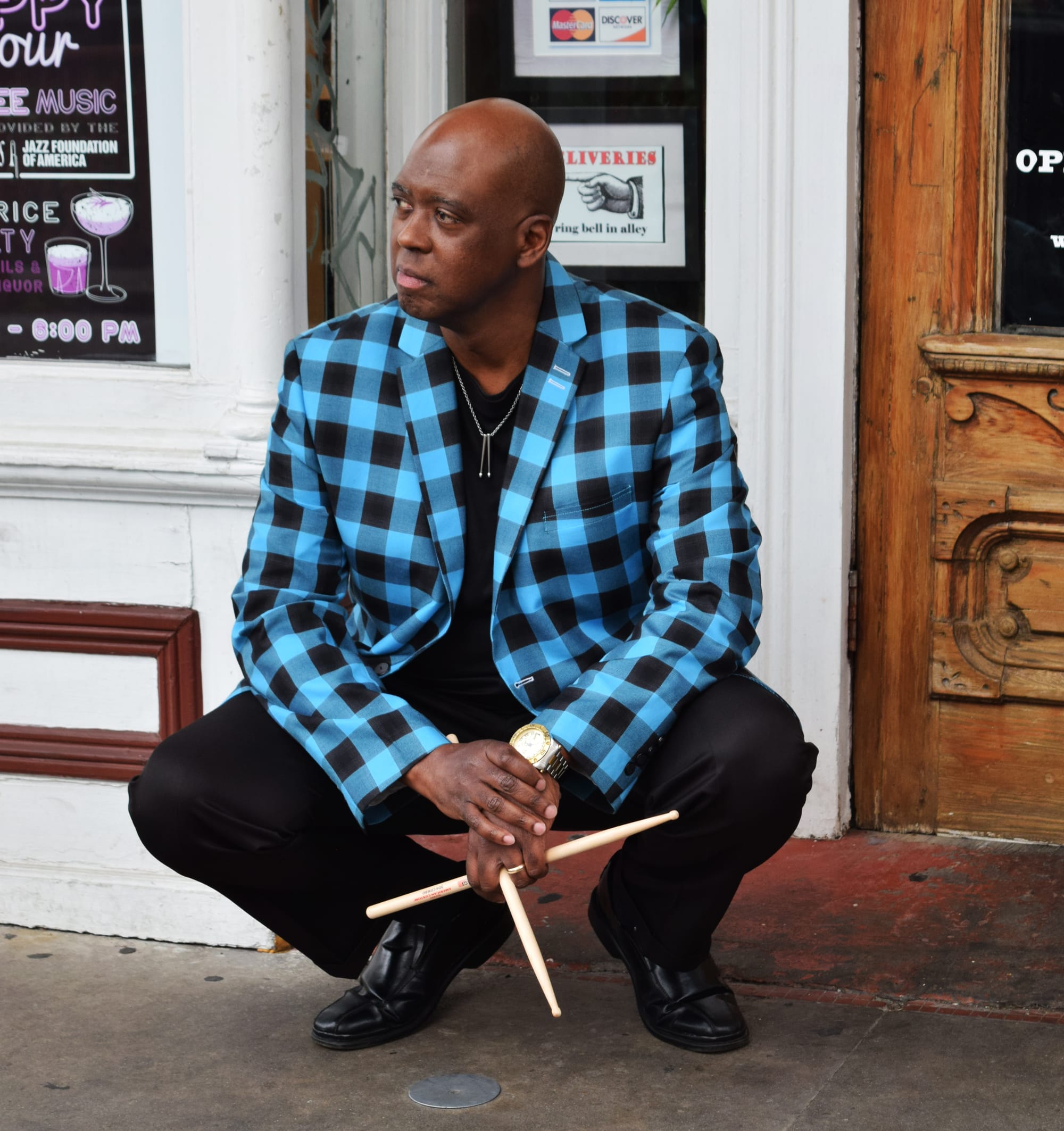
Though primarily a jazz drummer, Anderson's classical percussion background strongly shapes his playing. This mixing of traditions shows how different musical approaches can strengthen each other. His orchestral training gave him practical jazz tools: "There are things that I got from playing in orchestra that I carry over into my jazz playing." Tuning timpani sharpened his ear for harmony, while marimba scales in the cycle of fifths helped him grasp harmonic movement.
This classical influence also appears in his solos. Following Max Roach, who "treated the drums like an orchestra," Anderson thinks compositionally when soloing: "When I do solo, I think of how I can make a solo musical. Can I paint a picture? Can I tell a story?" The result is drumming where technical skill enhances rather than limits the groove, resulting in music that draws from multiple traditions yet sounds uniquely his own.
Anderson often mentions his parents, both of whom were music educators. "I think I have the education bug from my parents," he says. "I watched both of them teach students. My father taught high school. My mother taught middle school. She taught choir. My father was a high school band director. I grew up in his band room." This background shaped his career path, although he points out that he has "always been more the performer than my parents were." The early exposure to teaching eventually led to his own educational career, though he "didn't realize at the time that twenty years later I would be doing this."
Family serves as both influence and creative inspiration, with pieces dedicated to his father, children, and wife. These personal ties give his music emotional weight and genuineness.
With his debut now released, Anderson looks ahead. He plans a studio recording next, possibly adding trombone or working with different groups, including the FSU faculty ensemble. Staying connected to his roots, he's thinking about recording in New Orleans: "That's home." This ongoing tie to the city, despite decades in Florida, shows how deeply New Orleans shaped him as a musician.
At its core, Anderson's work centers on preserving and extending jazz. "My concept is I'm trying to continue the preservation, the continuance of jazz, keeping the legacy of the music alive," he says directly. This shows in his teaching and his playing. His mentoring passes down what Ellis Marsalis taught him, creating a living link between generations. By finally recording his own music after decades supporting others, he adds his voice to jazz's ongoing story.
Live at Snug Harbor goes beyond being one artist's debut album. It documents a life in jazz to date, as performer alongside legends, as educator shaping young musicians, as composer drawing from lived experience, and as keeper of an evolving tradition.
In jazz, timing matters. For Leon Anderson, now is his time to lead, bringing forward everything life has taught him.
Check out Leon Anderson on Outside In Music. Purchase Live at Snug Harbor from Qobuz and listen on your streaming platform of choice.
Check out more like this:
 The TonearmLawrence Peryer
The TonearmLawrence Peryer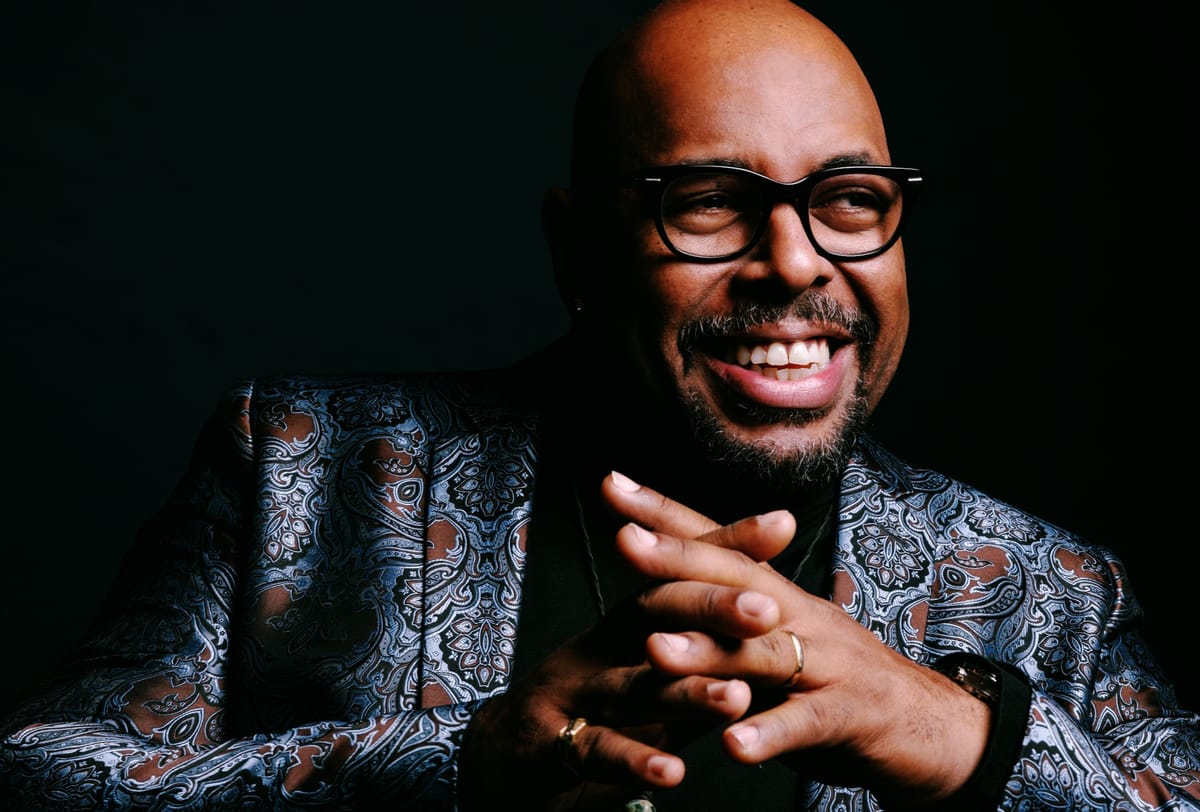
 The TonearmLawrence Peryer
The TonearmLawrence Peryer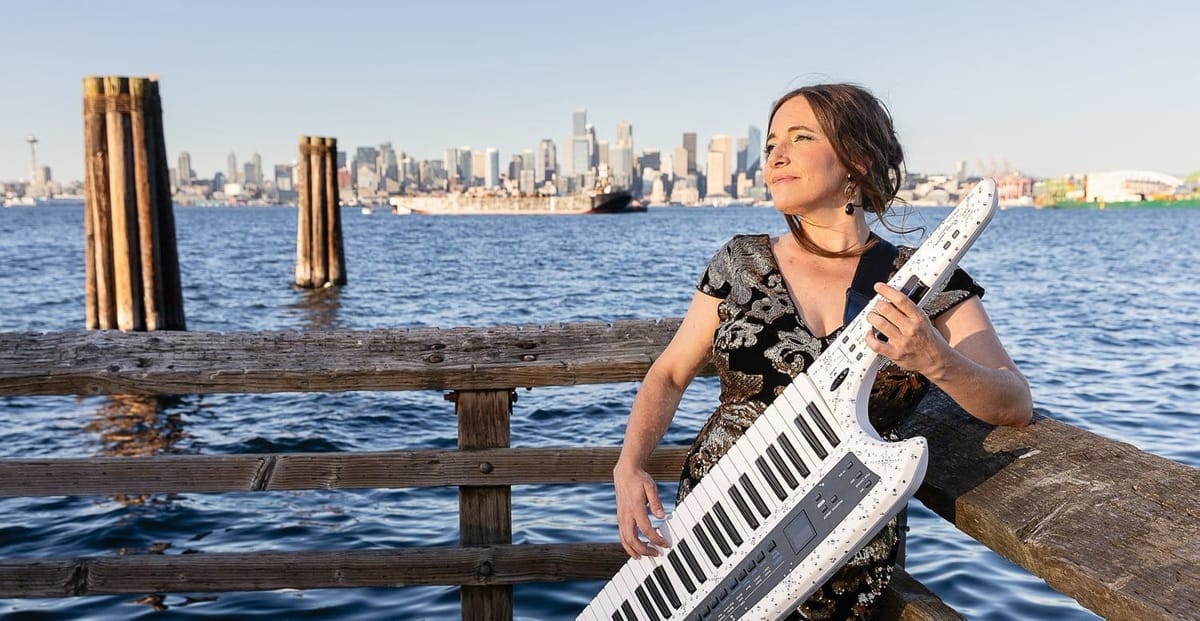


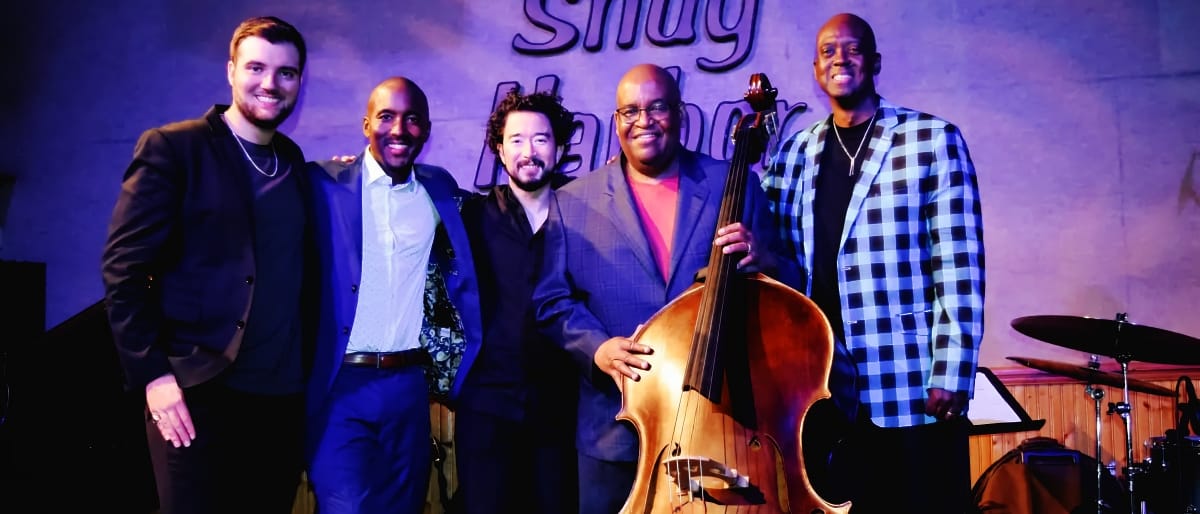

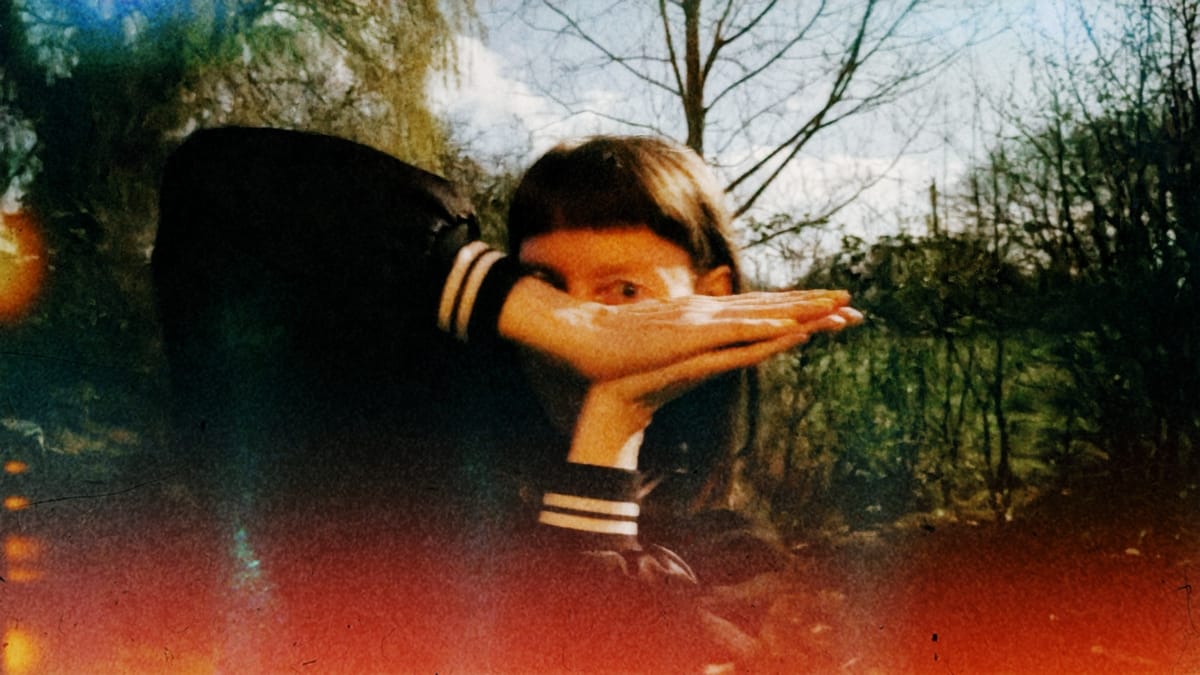
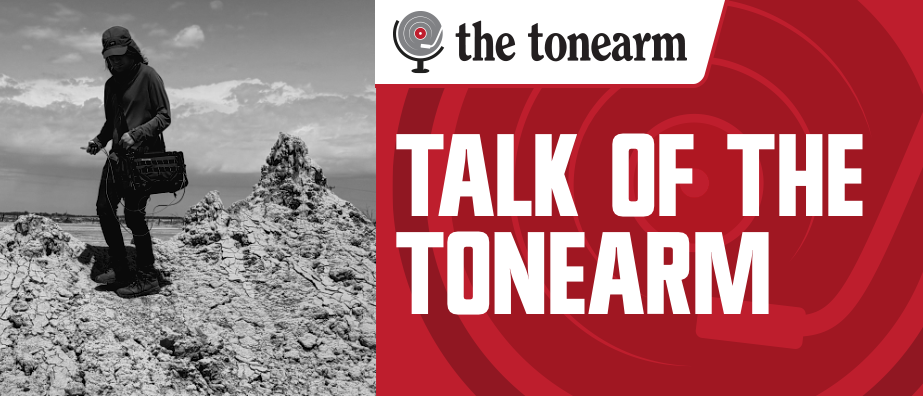
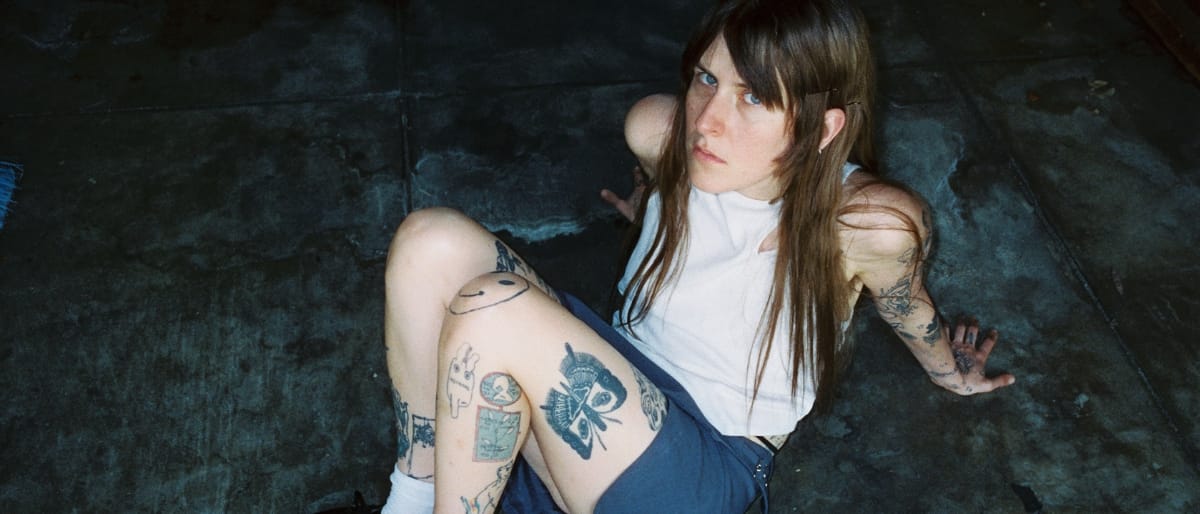
Comments